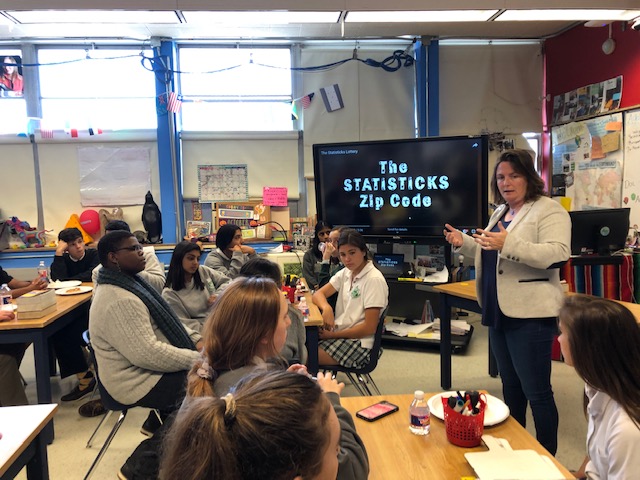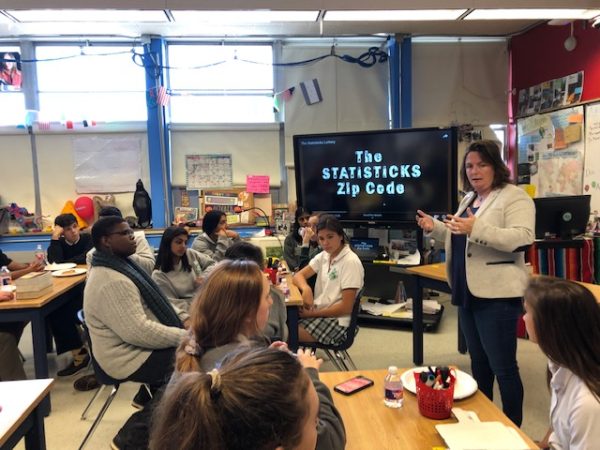The politicization of public education
Analyzing education as a policy point in advance of November midterms
November 8, 2022
In advance of the November midterm elections, a key issue that has defined political conversations is the state of public education in Texas. Following the uproar surrounding “Critical Race Theory” in 2021, candidates for positions ranging from the Texas Legislature to the State Board of Education are making education a platform priority. As a result, public education has become a partisan-line issue that is polarizing conversations relating to the state of Texas public schools and curriculum.
A history of the politicization of Texas education:
During the 87th session of the Texas Legislature in 2021, a lineup of education-related bills prohibited teachers from discussing certain topics in the classroom, such as “widely debated and currently controversial issues of public policy or social affairs.”
One of these bills, Texas Senate Bill 3, centers around the teaching of Social Studies in Texas schools.
The bill not only focuses on curriculum, but also handles how teachers present topics regarding the role race and gender play throughout history.
The passing of SB 3 followed a history of national and state discord over the teaching of so-called “critical race theory,” defined as a group of concepts used for examining the relationship between race and the laws and legal institutions of a country, especially the United States.
SB 3 states that in Texas, social studies should be focused on relaying accurate and diverse information about the United States and its history without giving preference to any specific group of people, especially not on the basis of race or sex. However, its implementation in Texas schools led to a crackdown on the teaching of institutions like slavery and exclusionary immigration acts.
The national uproar surrounding the SB 3 vote in October 2021 trickled over into 2022, when the Texas State Board of Education planned to start its decennial social studies curriculum review process. Those who opposed SB 3 saw this curriculum vote as an opportunity to push back against SB 3’s stipulations. Alongside a revamped course plan for US History and Texas history, this process saw courses like Asian-American Studies and Native-American Studies on the docket for consideration.
However, on Sept. 2, the SBOE voted to delay its review of Texas’ social studies curriculum—and the decisions they will make regarding these new elective courses—to 2025.
What does the curriculum delay do?
If the SBOE had continued its curriculum review process in 2022, Asian American Studies and Native American Studies may have been available as elective social studies courses to Texas students as soon as 2024. With the delay, the soonest these courses could become available is 2027.
Lily Trieu is an Asian-American organizer who founded state-wide nonprofit Asian Texans for Justice in 2021. She has been closely following the progression of the social studies review process: she served on a curriculum work group, helping to draft new lesson plans for Texas courses, and she testified twice in favor of Asian-American Studies at the Texas State Board of Education.
When she found out that the vote was delayed to 2025, she was “shocked.”
“This will affect our communities in a really deep, really negative way,” Trieu said.
Board member Will Hickman said the delay of the review “allows board members more time to hear different ideas on next steps for Texas curriculum.”
State Board of Education chairman Keven Ellis echoed Hickman’s sentiments, saying the added time for curriculum review would allow for the eradication of “woke”ness from Texas’ curriculum drafts.
Other Board members were disappointed with the outcome of the vote. Aicha Davis, State Board representative for Texas’ District 3, decried the motion, claiming that it undermined the work of the work groups who developed the curriculum this past summer.
The delay vote coincided with a letter to the State Board of Education from the Texas Freedom Caucus, a group of Republican lawmakers in the Texas Legislature, who threatened “legislative intervention” if the Board went forward with the review process this year.
With the November midterm election fast approaching, some, like senior Audrey Schwartz, said the vote was a political move: by delaying a “controversial” vote, Board members could have higher chances for re-election in November.
“It’s a shame that children’s education is being compromised over a political point,” Schwartz said.
Georgina Perez, Secretary of the State Board of Education, agreed.
“Politics is supposed to be the service work that serves the people; this is politics serving the politicians,” Perez said.
For some Native American and Asian American Texans, the delay of the curriculum updates is a disappointment.
“I feel like an outsider, as if Asian-American history isn’t considered a valuable part of American history,” senior Olivia Park said.
Where do we go from here?
The November midterm election will determine the makeup of the Texas Legislature and the Texas State Board of Education, which will determine the ultimate fate of the next decade of Texas education. The delayed 2025 vote will define curriculum standards until 2035, and the composition of the Texas Legislature will guide future education-related bills in the Texas House and Senate.
“This means that now is the time to vote,” Nicolette Ardiente, Texas Senate District 9 committeewoman, said.
After the election, constituents will still be able to testify in front of the Board and the Legislature as soon as January 2023. During public testimony, constituents can share their perspectives on future paths for Texas education.
“When we look to our future, it’s clear that education is the foundation for creating equity,” senior Olivia Park said. “We have to speak up.”












